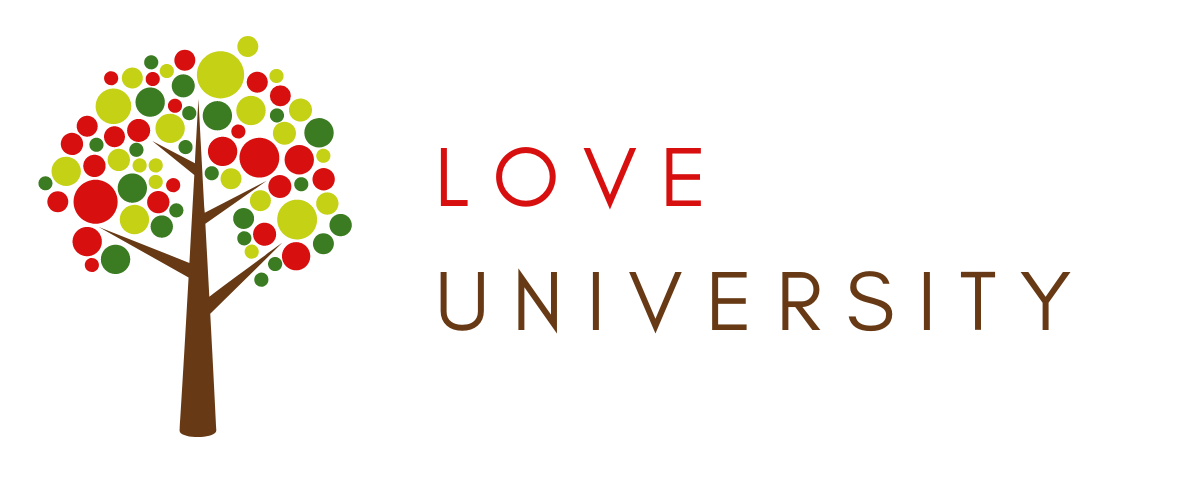Monday, December 7, 2020: Dialogue - On Sustainability
December 12, 2020
By Garin Samuelsen
Is it possible for human beings to live sustainably? This is essentially the question that led us into an exploration of ourselves and the world. How are we essentially to live in a way of health and balance with all creatures great and small…?
We dove into consciousness as a possible place of departure to look at sustainability. Do we need to expand our consciousness or is our consciousness already universal but blocked in order to live in a more healthy, balanced state of wholeness in order to live sustainably? If our minds can be expanded, how so. If not, how do we rid ourselves of the conditioning that blocks that universal consciousness? Would opening up either way help us live sustainably?
Then a tangent emerged and off we went. Science…….We wanted to see if science could move us in a sustainable direction. We first dove into the root of the word science which is actually very relevant. The root of the word science comes from the Latin word scientia which means “what is known, knowledge (of something) acquired by study; information;" also "assurance of knowledge, certitude, certainty," from Old French science "knowledge, learning, application; corpus of human knowledge" (12c.), from sciens (genitive scientis) "intelligent, skilled," present participle of scire "to know," probably originally "to separate one thing from another, to distinguish," related to scindere "to cut, divide," from PIE root *skei- "to cut, split" (source also of Greek skhizein "to split, rend, cleave," Gothic skaidan, Old English sceadan "to divide, separate"). So from that root, we can see that science is a way of understanding the world by splitting the world into parts and building knowledge from that background.
Then we talked about how can knowledge, which is based on the past, help us understand the crisis that we are living in and help us in living more sustainably?
Does reductionist western science help us move towards a more sustainable future or actually make it more difficult to live sustainably? We came to an understanding that because the observer is not separated from what is observed and that the future is a mirror of the present, scientists will be informed by their conditioning. This conditioning will always at some level distort truth and thereby continue the dysfunction and divisiveness we see playing out upon the stage of the world.
So…can science solve our problems? So far, science has not only not solved our problems, but in fact has contributed to greater problems. Unless we understand ourselves first, science will simply mirror our own heavily culturally conditioned minds.
So how does one live sustainably? How does a group of people live sustainably? How do we live in balance with our ecosystems? And why is it so hard? The answer is right here and right now inside each and every one of us. Yet, what makes it so hard is that we would have to change, that the ego, which has built itself up and to make itself feel real, creates security around itself through its attachments to beliefs and materialism. To let go of these things, it would essentially die. We are desperately afraid of that. Yet, here is the irony. Because the ego is an illusion, we are constantly in conflict living lives of quiet desperation as Thoreau so eloquently shared in Walden. We are not happy living this way.
Our dialogue made me wonder….. To live sustainably, do we need to live simply? Do we need to stop encroaching on our ecosystems to grow more food and build more towns and cities? Do we need to stop killing off plants, animals, and insects that encroach our fields and homes even if they bother us as they are all essential parts to the great web of life? Do we need to confront ourselves and let go of our cultural conditioning and begin to wake up?
I wonder if sustainability is not outside oneself - that it lies within. I wonder if sustainability can only happen if we are aligned to our wholeness. In wholeness, I wonder if one’s very actions and freedom, would be love.
This is the truest reality of politics. When we decide to take action through looking within, this is where we begin to make real deep rooted change - and one that is not reactive, but one that is authentically pure. Happiness does not come from having things. Happiness comes from living simply and simply giving. Joy and love come from that place of quiet freedom. So maybe the path of sustainability isn’t just something that we need to do in order to survive as a species, but one that would actually give us the ground in which to live deeper, more loving joyful lives…….





